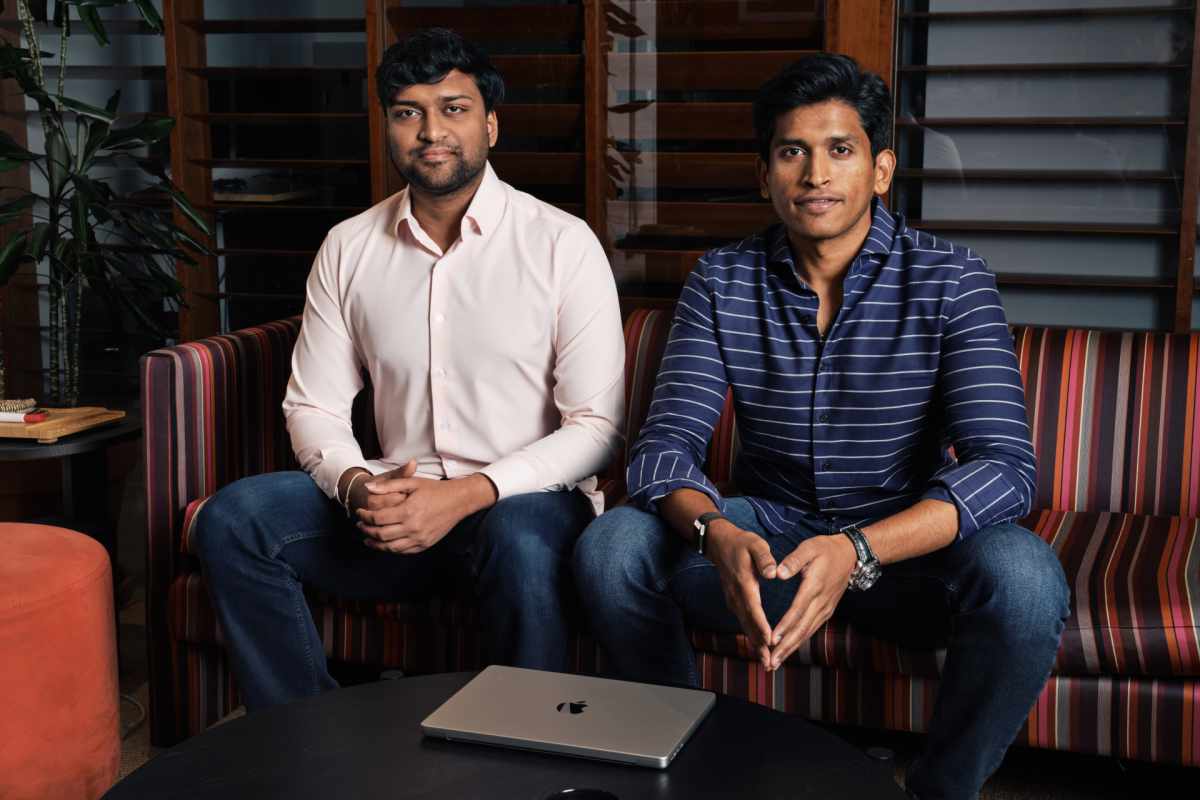
Even though businesses invest heavily in financial software, many finance teams still find themselves falling back on Microsoft Excel to close their books, reconcile transactions, and prepare financial data for audits. This ongoing dependence on spreadsheets has caught the attention of two former Microsoft executives who view it as a major inefficiency. In response, they’ve launched a startup called Maximor, which aims to take over much of this manual work using artificial intelligence.
In the world of finance, Excel remains a universal tool. Despite the availability of powerful systems like ERP (Enterprise Resource Planning), CRM (Customer Relationship Management), and billing software, many companies—especially mid-sized firms—continue to export financial data into Excel. Here, teams often perform manual reconciliations using functions like VLOOKUP, treating Excel like a database just to align figures from different sources.
Maximor’s mission is to reduce or even eliminate this reliance on spreadsheets. The company recently came out of stealth mode with $9 million in seed funding, led by Foundation Capital. Its product is a network of AI agents that connect directly to financial systems like ERPs and CRMs. These agents automatically pull transactional data in real-time, allowing finance teams to see a clearer picture of their financial health without waiting until the end of the month.
According to co-founder and CEO Ramnandan Krishnamurthy, this automation can significantly speed up processes. For example, Rently, a proptech firm and early Maximor customer, was able to cut its month-end close time from eight days to four, avoiding the need to hire two additional accountants. Rently’s CFO noted that the platform freed up nearly half the finance team’s time to focus on more strategic tasks.
Maximor integrates with popular systems like NetSuite, Intacct, QuickBooks, and Zoho Books, and can even support audits by generating necessary documentation such as workpapers and audit trails. While the goal is to reduce dependency on Excel, the platform still allows exporting to spreadsheets for teams or auditors who prefer working in that format.
To support flexibility, Maximor also offers human accountants as part of a human-in-the-loop approach, particularly for companies lacking internal finance departments. While this might seem contrary to their AI-driven mission, Krishnamurthy explains that the AI handles most of the work like a junior accountant would, while human experts simply review the results.
Krishnamurthy and his co-founder Ajay Krishna Amudan, both former Microsoft engineers and alumni of IIT-Madras, bring deep experience in financial systems. Their vision has attracted top-tier investors, including CFOs from leading tech companies and CEOs of firms like Zuora and Perplexity.
With offices in New York and Bengaluru, Maximor currently employs 18 people and is expanding. The platform supports international accounting standards (GAAP and IFRS), and it already has customers in the U.S., China, and India — targeting companies with revenues over $50 million that need scalable and intelligent finance operations.






